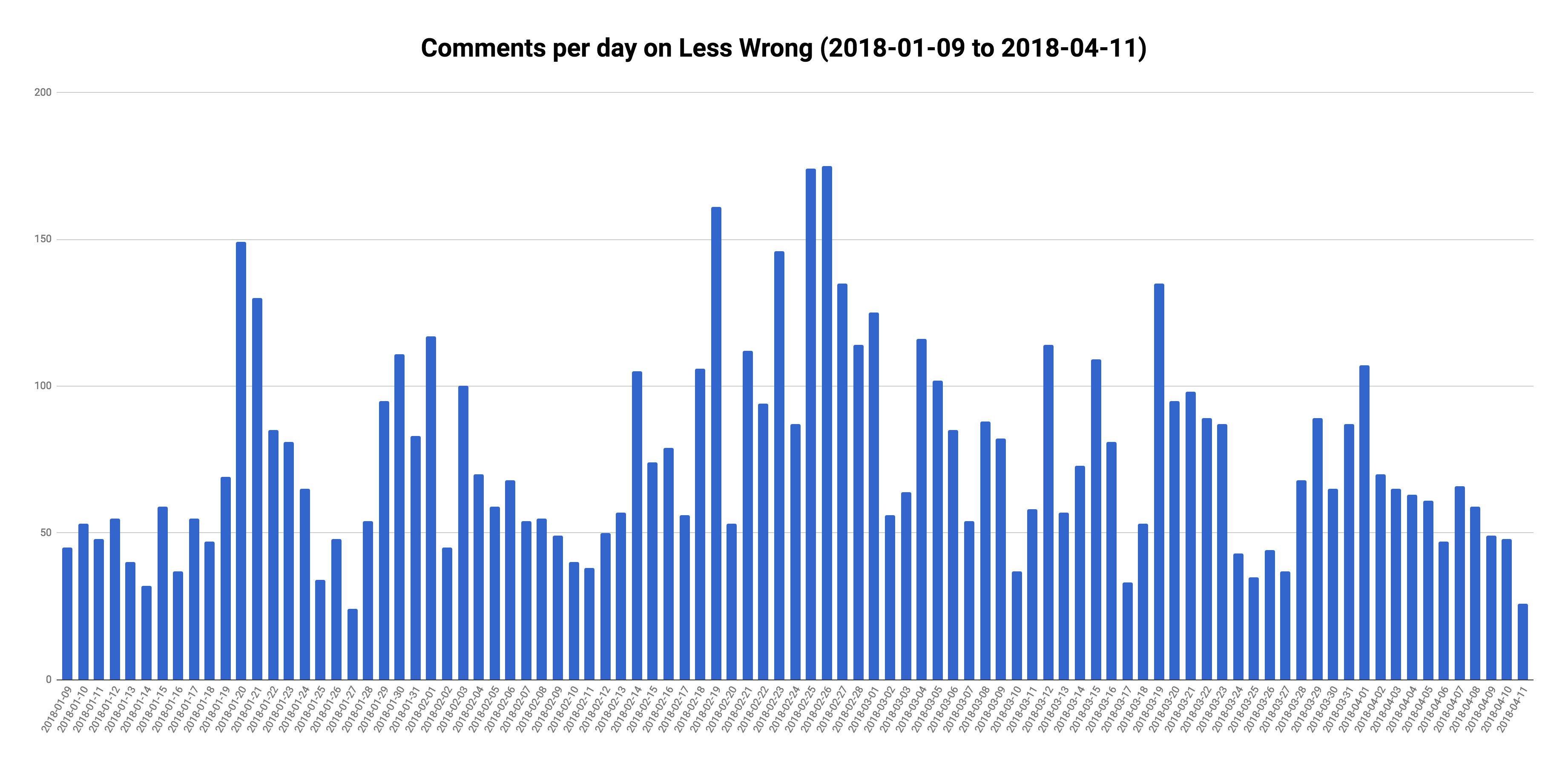This is an experiment in short-form content on LW2.0. I'll be using the comment section of this post as a repository of short, sometimes-half-baked posts that either:
- don't feel ready to be written up as a full post
- I think the process of writing them up might make them worse (i.e. longer than they need to be)
I ask people not to create top-level comments here, but feel free to reply to comments like you would a FB post.



Ah, I fully agree with this observation. I wonder how related it is to other cases where the actual underlying reality is less important than the perception of the possible. Stock markets may be another illustration of the concept - a given share in a company is, in the end, a claim on future cash flows until termination of the enterprise. But there's such distance and uncertainty in that, that many stocks trade more on short-term perceptions than on long-term values, and many participants forget what the underlying security actually means.
(counterfactual means things that are known not to happen, hypothetical is for things that could turn out to happen. What would you have done if X (when ~X actually occurred) is counterfactual.
What would you do if X (where X may or may not happen) is hypothetical. I asked because using "counterfactual" is somewhat specific and I wasn't sure if you were using it in a technical meaning. Hypothetical (or "possible") is the more common word colloquially. "possible revolutions are good, actual revolutions are bad" would have been less distracting on this front. Ok, sorry for long diversion from what could have been a thumbs-up react.)